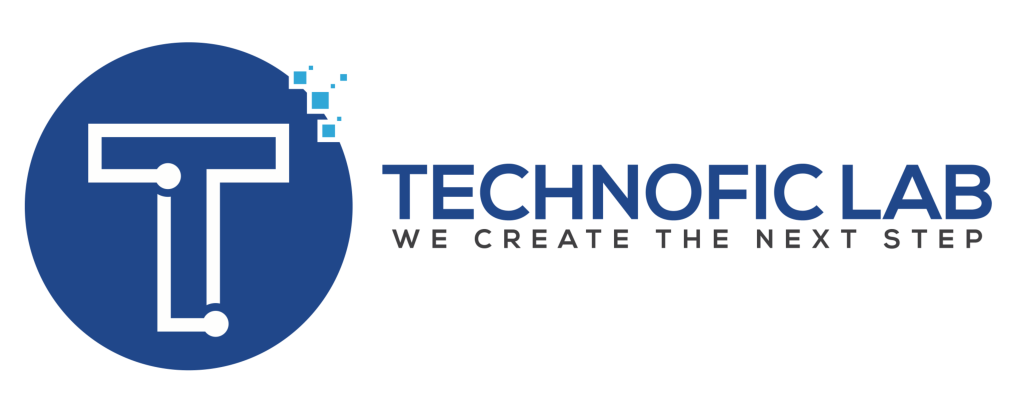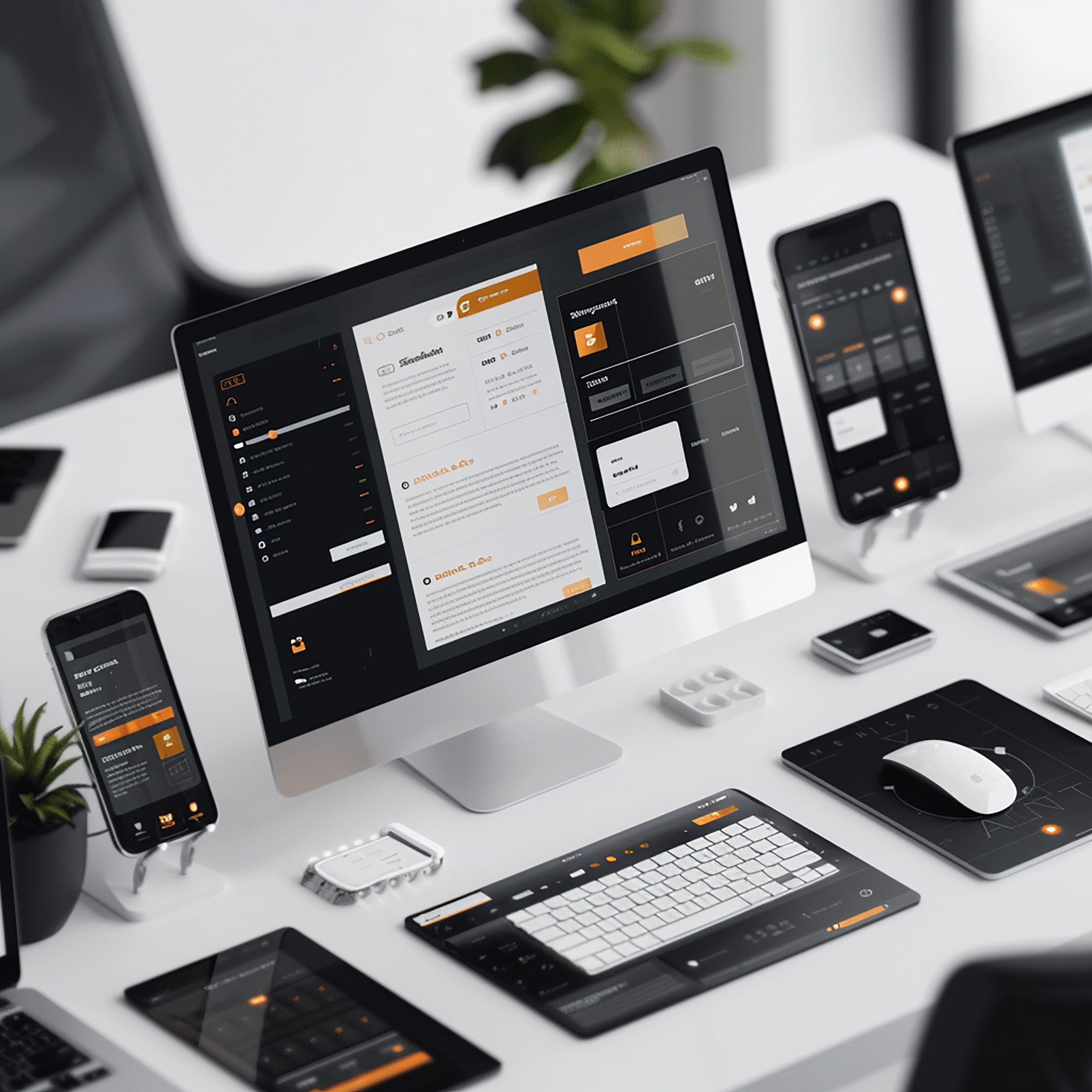Choosing the right web design agency is a significant decision—it shapes how your business appears online. Since your website is often the first impression people have of your brand, getting it right is crucial. To help you find the perfect partner, we’ve compiled ten straightforward tips to guide you in selecting a web design agency that meets your needs and goals.
1. Understand Your Needs
A web design agency’s portfolio is like their resume. It shows you what they’re capable of and what kind of work they’ve done in the past. Take the time to review their previous projects. Look for designs that resonate with your style and industry. If you see work similar to what you envision for your site, that’s a great sign.
Case studies are even more detailed than portfolios. They give you a glimpse into how the agency tackles challenges and solves problems. Check out these studies to see how they’ve approached various projects and what results they’ve achieved.
2. Check Portfolios and Case Studies
Before you dive into finding a web design agency, take a moment to think about what you really need from your website. Are you looking to set up an online store, start a blog, showcase your portfolio, or something else entirely? Knowing exactly what you want will make it easier to find an agency that can deliver.
Think about the features you need: Do you require custom forms, e-commerce functionality, or maybe specific integrations? Being clear about your needs will help you communicate effectively with potential agencies and ensure they can meet your expectations.
3. Assess Cost Affordability
Cost is an important factor, but remember that you get what you pay for. While it’s tempting to choose the lowest bidder, extremely low prices can sometimes mean cutting corners or hidden costs.
Request quotes from multiple agencies and look for a detailed breakdown of what’s included. Compare these quotes to see if they align with your budget and project needs. Make sure you understand exactly what you’re paying for and avoid surprises down the line.
4. Evaluate Their Experience
Experience is more than just a number of years in business—it’s about the quality and range of work they’ve done. An experienced agency will have developed effective strategies and refined their design processes over time.
Review their track record by checking their portfolio, reading client testimonials, and asking for references. Agencies with a solid history of successful projects are likely to handle your needs with skill and professionalism.
5. Look for a Local Web Design Agency
Choosing a local web design agency can be advantageous for several reasons. They’ll have a better grasp of local market trends and preferences, which can be especially useful if your target audience is regional.
Plus, working with a local agency can make communication easier and more straightforward. You can arrange face-to-face meetings and get quick responses to any questions or concerns you might have.
6. Do a Consultation First
Before making a decision, schedule a consultation with the web design agency. This is your chance to discuss your project in detail, ask questions, and gauge their understanding of your needs.
Use this meeting to see how well they listen to your ideas and whether they offer insightful feedback. A good agency will explain their design process, discuss timelines, and address any concerns you might have. This initial interaction can help you determine if they’re the right fit for your project.
7. Ask the Right Questions
During your consultation, it’s crucial to ask the right questions. This will give you a clearer picture of how the agency operates and whether they’re a good match for your project.
Some questions to consider include:
- What is their design process like?
- What technologies do they use?
- How do they handle revisions and feedback?
- How do they ensure your site will be optimized for search engines?
These questions will help you understand their approach and ensure they can meet your needs effectively.
8. Get a Clear Proposal
A well-defined proposal is essential for setting expectations and avoiding misunderstandings. It should detail project milestones, deliverables, timelines, and costs.
Review the proposal carefully to ensure it covers all aspects of your project. If anything seems unclear, don’t hesitate to ask for clarification. A transparent proposal helps ensure that both you and the agency are on the same page.
9. Review Client Testimonials
Client testimonials can provide valuable insights into an agency’s performance and reliability. Look for feedback from previous clients to understand their experiences and satisfaction levels.
Check reviews on platforms like Clutch or Google Reviews, and ask the agency for references or case studies. Speaking directly with past clients can give you a sense of the agency’s strengths and any potential issues.
10. Consider Post-Launch Support
A great web design agency doesn’t just build your site and walk away. They should offer post-launch support to address any issues that arise and ensure your site remains up-to-date and functional.
Inquire about the agency’s post-launch services, including bug fixes, content updates, and technical support. Having ongoing support can be incredibly valuable in maintaining your website’s performance and addressing any concerns that come up after launch.


